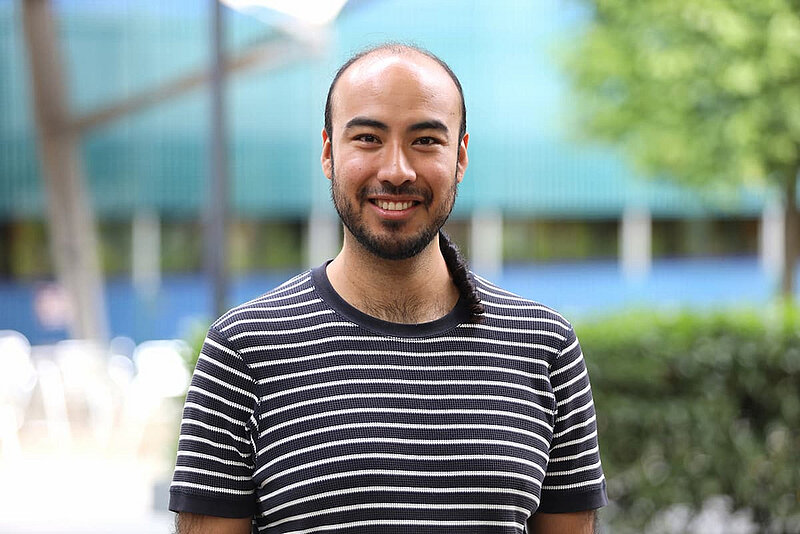Augusto Ortega Granillo, a joint postdoc in the research groups of Otger Campàs at the Cluster of Excellence - Physics of Life at TU Dresden (PoL) and Anne Grapin-Botton at the Max Planck Institute of Molecular Cell Biology and Genetics (MPI-CBG) has received a Long-Term Postdoctoral Fellowship from the Human Frontier Science Program (HFSP) for his project “Deciphering the role of osmotic and hydrostatic pressure during pancreas lumen formation.”
HFSP Long-Term Fellowships are awarded to postdocs with a Ph.D. in Biology who want to embark on a novel and frontier project in the life sciences. Together with the HFSP Cross-Disciplinary Fellowships, they foster the next generation of life science research, last for three years, and on average provide $200,000 USD in total. Fellows work in a host laboratory located in a different country from where their Ph.D. was conferred.
Augusto received his doctoral degree in biology from the Graduate School of the Stowers Institute for Medical Research in Kansas City, USA. His project in Germany focuses on identifying the proteins responsible for generating, transducing, and changing osmotic pressure. He will use a new osmotic sensor developed in the Campàs group to directly measure osmolarity in pancreatic organoids and living tissues.
“In my project, we will investigate the interplay between physics and biology. We understand that biological systems are constrained by physics, and we believe that the evolution of proteins and their regulation led to clever leverage of these physical constraints,” explains Augusto. “We will focus on pancreas development in the mouse, where hollow lumens emerge in ten-day-old embryos and grow to become a complex tree-like structure that carries pancreatic enzymes into the gut. We want to understand how osmotic regulation contribute to this process, and more generally identify physical mechanisms deployed during embryonic development.”
The project will use a challenging but innovative approach of directly measuring physical parameters. It will pair experiments with theoretical analyses to build a model that accounts for dynamic osmotic pressure and cellular feedback mechanisms that shape the organ during development. The goal of the project is to advance the fundamental understanding of embryology and tissue dynamics, and serve as the seed for therapeutic interventions for people who suffer from cystic fibrosis. These patients display increased osmotic pressure in lumen mucus secretions, and there is a need to understand the pathophysiological consequences of changes to osmolarity in the lumen.
Congratulations Augusto!
-------
Read more about the 2025 HFSP Fellowship awardees on their official website.
